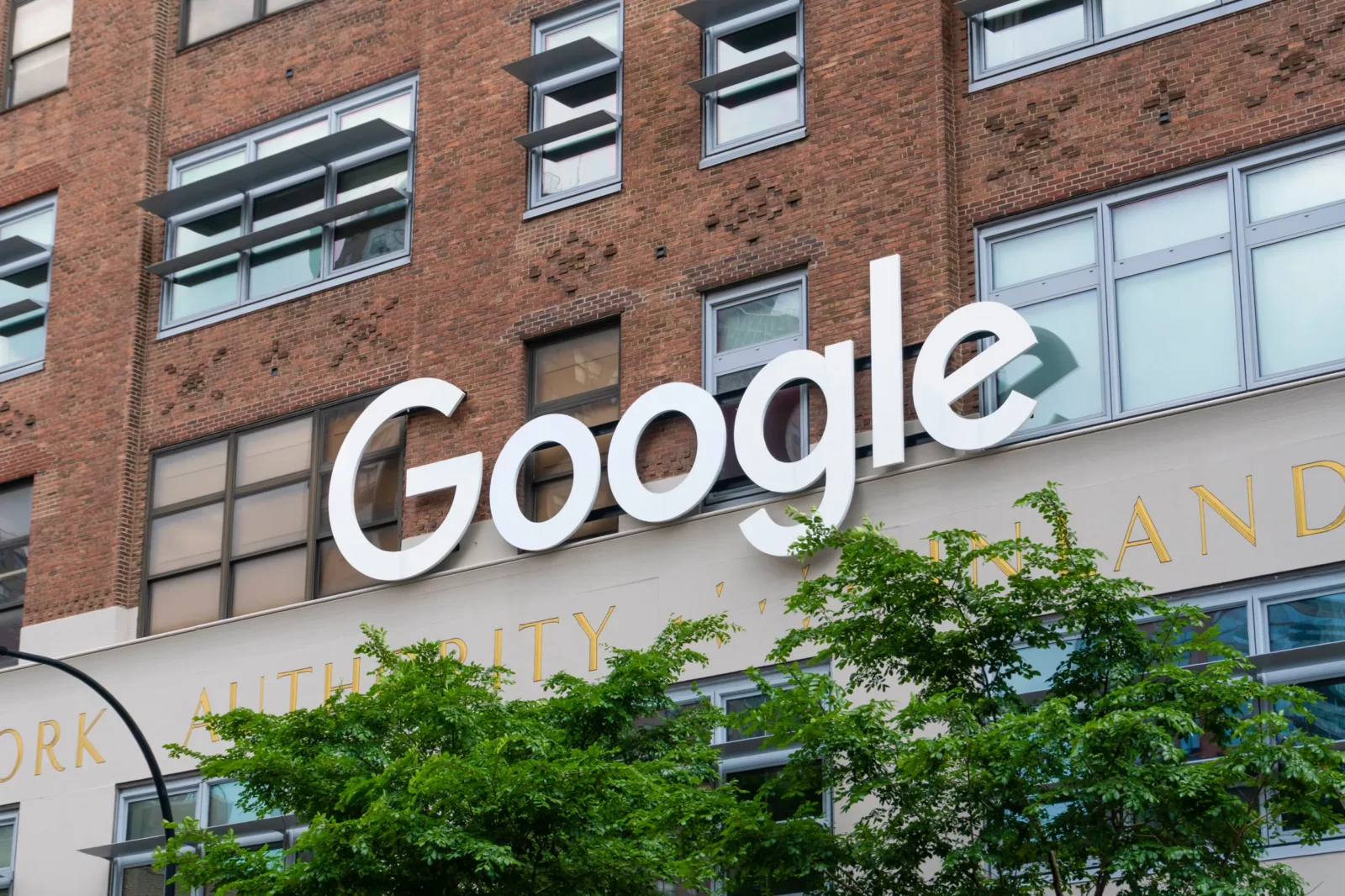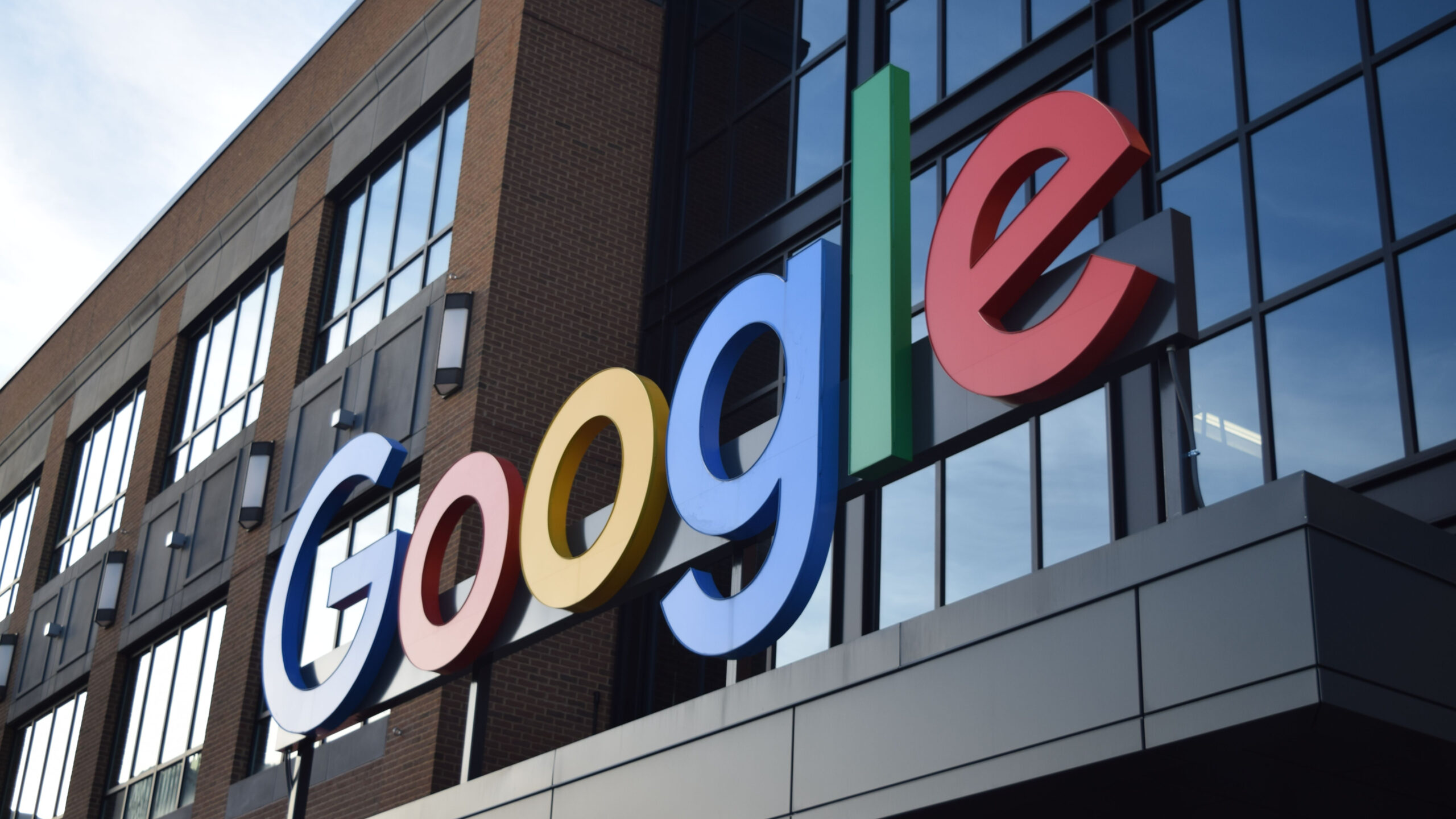Dangerous Implications of Politicizing Antitrust Law: Google Critics Hit New Lows
The crescendo of wild antitrust claims and seemingly baseless abuse accusations being lobbed at Google by competitors is starting to sound more desperate, especially after the FTC leaked that it didn’t think it had a great case on the number one complaint against the company — aka “search bias” (which is a ridiculous charge to begin with).
[For a thorough analysis of the legal shortcomings of an antitrust case against Google, see Glenn Manishin’s comprehensive DisCo post: “Why An FTC Case Against Google Is A Really Bad Idea.”]
As the infirmities in Google critics’ legal theories have become apparent, these arguments have been increasing replaced with invective-infused political arguments. This concerns us at DisCo because they risk tainting politicians’ views of legitimate versus illegitimate business practices, the ramifications of which could affect all Internet companies.
And if you think an FTC decision won’t have far reaching effects, think again. The unsettled legal interpretation involving unfair methods of competition (a component of “Section 5”) is on the line. The FTC’s ability to enforce Section 5 is important to the future of tech competition. Frittering away the FTC’s credibility here by imprudently invoking this authority to settle an intra-industry squabble is not good for the future of responsible competition law. Moreover, doing so could prevent Internet companies from evolving their Internet business models over time. In the fast-paced, hyper competitive and category redefining world of the Internet, that can spell death for companies and mean less choice for consumers. (Just look at the ridiculous lawsuit filed in California — under the state’s version of the FTC’s Section 5 — against Twitter for trying to evolve its business model.) In fact, Thomas Barnett, the lead counsel for the group funded by Google’s competitors to drum up antitrust charges (FairSearch), made this very point when he was the US government’s lead antitrust attorney and cautioned against the overly aggressive enforcement of poorly defined competition policy doctrines:
Vague or overly inclusive prohibitions against single-firm conduct are particularly likely to undermine economic growth and harm consumers.
Yesterday’s op-ed in PoliticoPro [sorry, behind a paywall] is one particularly egregious example of this dangerous sophistry.
Let’s break down some of the accusations penned by the spokesman of FairSearch Mark Corallo (described in his bio as a “street-smart Republican spin doctor”).
Google claims that delivering answers directly in response to user searches for information such as weather, maps or flights is more helpful to consumers than providing links to other sites. With all due respect, this is fallacious.
With all due respect to Mr. Corallo, this accusation of fallaciousness is fallacious. For Corallo’s position to have any merit, a link must be — in all cases — the most valuable response to a question. That’s preposterous. Are they supposed to respond to a query like “what is 2 + 2” with a link to calculator applications?
Given that part of Google’s ascension from plucky competitor to the current search leader was its ability to deliver search results fractions of a second faster than the former market leaders, saving users extra clicks to get the answers they are looking for seems pretty fundamental. And this is not even factoring in that the switch to mobile is making the delivery of more discrete, targeted answers to users’ queries more vital, as consumer behavior is different in the mobile space.
With metered data and limited bandwidth, consumers are disinclined to click links and browse other websites to get their answers. This is also why Google’s competitors have assured investors that search engines are decreasing in importance as mobile users navigate to their services directly through mobile apps. If Google’s search can’t respond to a search for “Chinese Restaurants in Union Square” with a map of Chinese restaurants in Union Square and their respective ratings, the company stands to lose those eyeballs to competitors like Yelp. In fact, it already is.
Let’s move on.
Google’s response to every criticism is that choice is just one click away and that they “build search to help users, not for websites.” The antitrust deniers — those who believe that the antitrust laws and jurisprudence that have been carefully developed over the last century are completely illegitimate — cannot bring themselves to admit that any dominant company is not just one better idea away from going out of business.
Where to start, besides the obvious fact that Mr. Corallo concedes competition is just one click away and Google’s competitors and venture capitalists still believe that the market is competitive. Okay. I guess I started there. But let’s not dwell on that. Coming from an association that has participated in most of the major high-profile tech antitrust fights over the last 40 years (usually on the side of the government and plaintiffs) [see: here, here and here] I am hardly an antitrust denier. As consistent advocates for targeted and prudent antitrust enforcement, my organization worries about this case. Poorly conceived antitrust cases hurt the institution of antitrust — not just in the court of public opinion, but in the legal standards and jurisprudence that comes out of them. Furthermore, Google critics are quick to compare Google’s behavior to that of earlier high-tech monopolists.
These simplistic metaphors betray a basic misunderstanding of how very different the markets for mainframes, microprocessors and operating systems are from the markets at the edge of the Internet, such as websites, internet platforms and social networks. A crucial difference between them are that barriers to entry — a critical component of antitrust analysis — are trivial on the Internet. Websites don’t require five billion dollar fabrication plants and they are not market chokepoints. Even big guys are vulnerable to the very same network effects that drove their rapid initial growth. Ask Myspace about nascent competition. So, yes, Internet companies are often just one good idea away from irrelevance.
Google can claim that it doesn’t manipulate its algorithm to benefit its own products at the expense of competitors, but that claim rings hollow when the company refuses to let in the smallest sliver of sunlight on how and why they make changes to their super-secret algorithm, and when it has admitted that its own products are displayed ahead of all search results through an entirely different algorithmic process.
No evidence has emerged that Google alters its search algorithm for anything other than legitimate business reasons. In fact, Google has very compelling reasons for continually updating and modifying its search algorithm as a cottage industry has arisen (aka the “Blackhat” Search Engine Optimization industry) aimed at gaming search engines to make less quality websites appear more relevant. This undermines the very integrity of its core product and Google fights it aggressively.
Serving up Google Maps, product comparisons or flight search in response to certain search queries is aimed at better serving customers and providing quicker, more robust results. It’s also what the competition does. Not to mention, as discussed earlier, there is another reason Google is fighting these charges aggressively — giving users the answers they are looking for more quickly is the key to survival in the mobile market (a market which is set to become bigger than the traditional fixed-location Internet market and also a market in which Google is struggling at the moment).
Although antitrust wonks would rightfully point out that a firm with monopoly power has a more limited range of behavior than other companies, such limits would require the finding of actual monopoly power — which would be difficult (probably impossible) to prove in the case of Google. To prove this, the FTC would have to show that Google does not compete with mobile apps, social media and more traditional advertising. This is precisely the reason why some at the FTC are trying to revive the dormant unfair methods of competition provisions under Section 5 of the FTC Act (the agency hasn’t won a court case on unfair methods of competition charges only in 40+ years), which wouldn’t necessarily require proof that Google is a monopoly.
Furthermore, the charges of keeping its “super secret” algorithm secret is perhaps the most ridiculous claim. Seems like not letting everyone know the trade secrets at the heart of your core competitiveness is a no-brainer. You don’t need a Harvard MBA to figure that out. And to Google’s credit, it does a pretty thorough job advising companies on what its algorithm penalizes and what it likes.
I wish I could say that Google’s defenders are correct in their assessment of Google as an innocent bystander, a victim of the vile, criminal FTC scheming to punish them for their hard-earned success.
Wow, that’s a doozy — and a straw man. If Mr. Corallo has examples of the FTC being accused of vile conduct (let alone criminal!), let him bring them forward. Most responsible commentators have great respect for the FTC and its role protecting consumers. This is a debate about the best way to do so.
Putting aside the name calling, invective hurling and sky-is-falling rhetoric, there are several positive steps for the FTC to take. First of all, the FTC should hold public hearings, solicit industry and academic feedback and craft clear, flexible and technology-neutral guidelines regarding its Section 5 authority, instead of the potentially messy, ex-post refining of an unclear standard in a confusing and rapidly transforming marketplace where FTC lawyers are confined to the fact pattern of this particular case. (The agency held a one day workshop on Section 5 in 2008, but failed to issue guidelines.) In this context, the information and understandings gleaned from the internal debate around the agency’s 20-month investigation of Google would not go to waste, which they surely would in an unsuccessful court challenge.
As part of those guidelines the FTC should issue guidelines on what “unfair methods of competition” mean in the Internet marketplace, especially when these business practices fall outside the bounds of traditional antitrust law. The agency has effectively taken steps to outline its other key enforcement planks in the past (including FTC Statements on deception and unfairness). Not only would this give guidance to the marketplace, it would help insulate its decisions in court from charges of “arbitrary and capricious” abuse of its enforcement powers. In this vein, the agency can also take steps to update their decade old guidance on search engine disclosure.
Fighting a battle like this with political bumper stickers and appeals to base instincts, such as “big is bad,” should not be the way forward. This is precisely what happened to antitrust enforcement in the middle of the 20th century when economic misunderstandings and political ideology led to a dark age in the history of antitrust enforcement, where courts sought to protect inefficient competitors at the expense of the American consumer. We should not go back down that path again.








